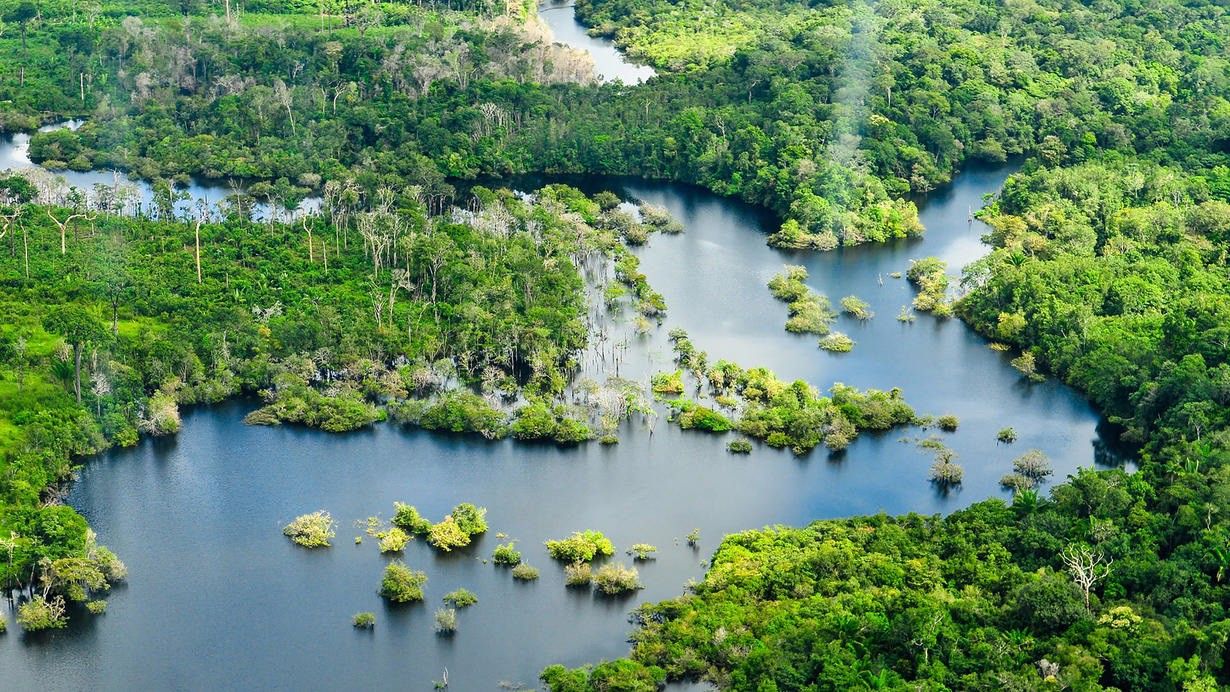-
A study finds the key that could explain why some people are less susceptible to contracting Chagas disease
The name of Chagas disease may sound like a great unknown in the countries of the north of the planet, but it is only necessary to cross the equator of the globe to see how this infection wreaks real havoc. It is estimated that this disease, caused by the ‘Trypanosoma cruzi’ parasite, affects more than six million people a year in South America and has already become one of the leading causes of mortality in the region. This disease spreads throughout much of the world’s tropical areas except in one: the Amazon. But why is this happening? What do the inhabitants of this jungle have that keep them safe from this parasite?
To try to unravel this enigma, a international team of researchers has traveled to the Amazon to try to find out how local populations managed to avoid Chagas infections. Research has studied the data of 118 current inhabitants of one twenty populations of the amazon. «We focused on finding signs of positive natural selection related to tropical diseases in America,» explains Tábita Hünemeier, a researcher at the Institute of Evolutionary Biology (IBE-CSIC) and one of the experts who led this study.
Chagas causes more than six million infections a year in South America
The results of this analysis, published this Wednesday in the specialized scientific journal ‘Science Advances’, have managed to identify a genetic mutation that could explain why the populations of this tropical forest are especially resistant to Chagas infections. It is, specifically, a variant of the PPP3CA gene. «This mutation could be the cause of the disease is milder or there is less infection in these populations», comments David Comas, professor of Biology in the Department of Medicine and Life Sciences Universitat Pompeu Fabra, an IBE researcher and co-author of this study.
Effects of genetic mutation
Once the gene suspected of protecting Amazonian populations from Chagas was identified, the researchers obtained inquire about this mutation in laboratories. The PPP3CA gene codes for a key protein in the activation of immune cells, the innate immune response and the internalization of the ‘T.cruzi’ parasite in human cells. The mutation of this gene, which is expressed both in heart tissue and like immune cells, it is especially abundant among the populations of the Amazon.
This mutation makes it difficult for the parasite to internalize and, by doing so, reduces the infection path.
Related news
The scientists used genetically modified stem cells to express this mutation. The analyzes showed that in the tissues where this genetic variant is found, there is less parasite internalization and, in this way, a shorter course of infection and disease in the body.
The team of researchers that has led this analysis concludes that this mutation is the direct result of a natural selection process que started 7,500 years ago, after the populations of the Amazon separated from the populations of the Andes and the Pacific coast. In this sense, the experts maintain that the epidemics would have positively selected the individuals with the greatest resistance to tropical diseases, such as Chagas disease, determining a only resistance in this population.

